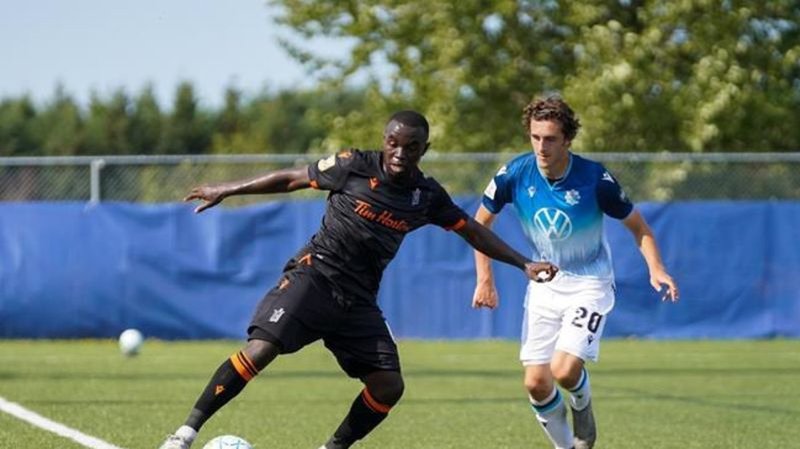
Marcel de Jong leads fight to organize CPL players, pointing to uneven playing field
As a veteran who played in the Netherlands, Germany and Major League Soccer, Marcel de Jong had more bargaining power than most when he came to the Canadian Premier League.
The Canadian international, who joined Pacific FC ahead of the league’s inaugural 2109 season, also had some real-world international experience to compare the fledgling Canadian circuit against.
“It’s been really a crazy ride so far,” said de Jong. “The owners, the clubs, the league have all the power. The players are being left by themselves to defend themselves.
“And we obviously have a lot of young players who never had the experience of playing abroad where they have proper unions and organizations to help them. Obviously that’s something that’s not here at the moment.”


